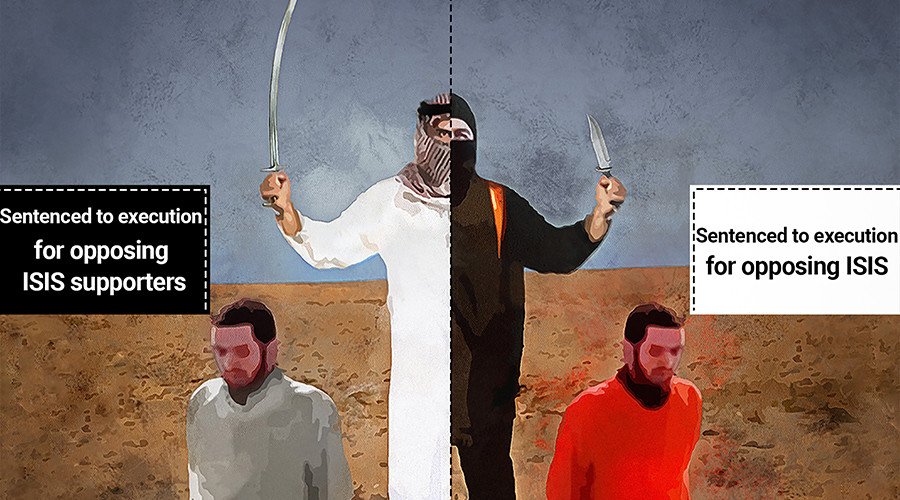
Speaking at a press conference on Sunday, Foreign Minister Adel al-Jubeir demanded that the Iranian diplomatic mission and related entities leave the country within 48 hours.
He said Riyadh would not allow the Islamic Republic to undermine the Sunni kingdom’s security.
Jubeir claimed the Tehran attack was similar to what he called earlier Iranian assaults on foreign embassies there, accusing Iran of creating “terrorist cells’ inside Saudi Arabia.
“The kingdom, in light of these realities, announces the cutting of diplomatic relations with Iran and requests the departure of delegates of diplomatic missions of the embassy and consulate and offices related to it within 48 hours. The ambassador has been summoned to notify them,” the foreign minister said.
The Saudi diplomats who were evacuated from Tehran following Saturday night’s attack have arrived in Dubai en route to Saudi Arabia, Al Arabiya reported.
The move comes after angry Iranian protesters stormed and set ablaze the Saudi embassy in Tehran on Saturday night during a rally in condemnation of Riyadh’s execution of prominent Shia cleric Sheikh Nimr al-Nimr.
Nimr was among 47 people beheaded or shot by firing squad across Saudi Arabia on Saturday in the biggest single-day execution spree since 1980.
All but four of the condemned were convicted as Al-Qaeda members, while Nimr and three other Shias were accused of inciting riots among Saudi Arabia’s Shia minority between 2010 and 2012, when Nimr was arrested.
The execution of Nimr, a public figure popular with youths, alongside terrorists responsible for a series of bombings carried out between 2003 and 2006, provoked additional outrage in the Shia world.
Iran summoned the Saudi ambassador, and just hours later, a mob set fire to the Saudi embassy in Tehran, chanting “Death to Al Saud!” – the ruling family of Saudi Arabia.
The Saudi consulate in the city of Mashhad in northwestern Iran was also attacked by protesters on Saturday, with police interfering after rocks and Molotov cocktails were thrown at the building.
In Tehran, police were forced to use tear gas to disperse the protesters, who made their way into the Saudi embassy and trashed the ground floor of the building, tearing apart Saudi flags, furniture and documents.
The building then caught fire and was engulfed in huge big blaze, apparently caused by Molotov cocktails thrown by the rioters.
Blame games
Despite the Saudi decision to cut off diplomatic ties with Iran, Washington has urged diplomatic engagement and called for other countries in the region to more active participate in helping to reduce the tensions between the two countries.
“We’re aware of reports that the Kingdom of Saudi Arabia has ordered the closure of Iranian diplomatic missions in the Kingdom,” an Obama administration official said, as quoted by Reuters. “We believe that diplomatic engagement and direct conversations remain essential in working through differences and we will continue to urge leaders across the region to take affirmative steps to calm tensions.”
However, according to Reuters, Saudi Arabia feels “enough is enough,” when it comes to Iran, and they “don’t care” what the US thinks about it.
An anonymous source familiar with Riyadh’s position was quoted by the agency as follows: “Enough is enough. Again and again Tehran has thumbed their nose at the West. They continue to sponsor terrorism and launch ballistic missiles and no one is doing anything about it. The Saudis really don’t care if they anger the White House.”
Mirroring Tehran’s accusations of Saudi Arabia’s links with Islamic State, Saudi foreign minister blamed Iran for“supporting Al Qaeda” for years, Iranian news agency Tasnim reported.
“Iran is supporting Al Qaeda terrorist group since 2011 and is supplying it with weapons and explosives as well as offers shelter for terrorist cells,” al-Jubeir said. Al Qaeda was founded in 1988 by its notorious US-assassinated leader Osama Bin Laden, who came from a wealthy Saudi family closely tied to the ruling House of Saud and with long-term trade relations with the US and the UK.
Meanwhile, Iran Deputy Foreign Minister Hossein Amir-Abdollahian responded that Saudi Arabia “cannot hide its mistake” of executing a religious figure by moving to cut off diplomatic ties with Iran, the country’s Fars News Agency reported.
Amir-Abdollahian added that none of the Saudi diplomats were harmed during the violent protests on Saturday, stressing that Iran is one of the safest countries for diplomats in the region.
Earlier on Sunday, Iran’s Supreme Leader, Ayatollah Ali Khamenei, released a provocative cartoon, which drew a comparison between the executions by Saudi Arabia with those carried out by Islamic State terrorists.
Khamenei also issued a statement saying “divine vengeance” would surely befall Saudi Arabia because of its execution of Sheikh Nimr al-Nimr and condemning Riyadh for its bombing campaign in Yemen and support for the Bahraini regime.
Comments
Post a Comment